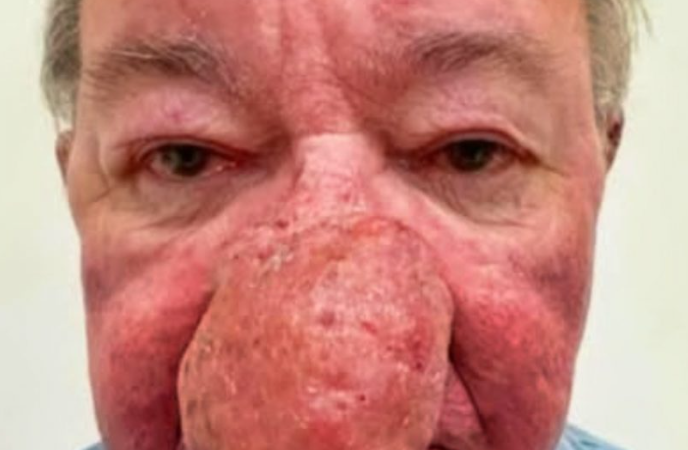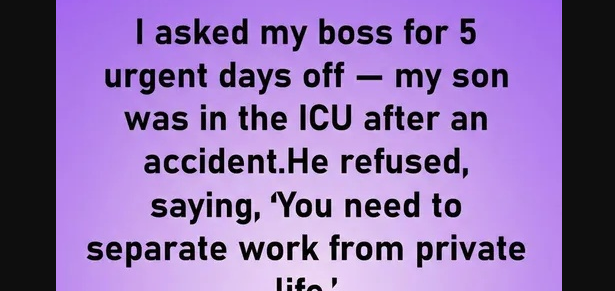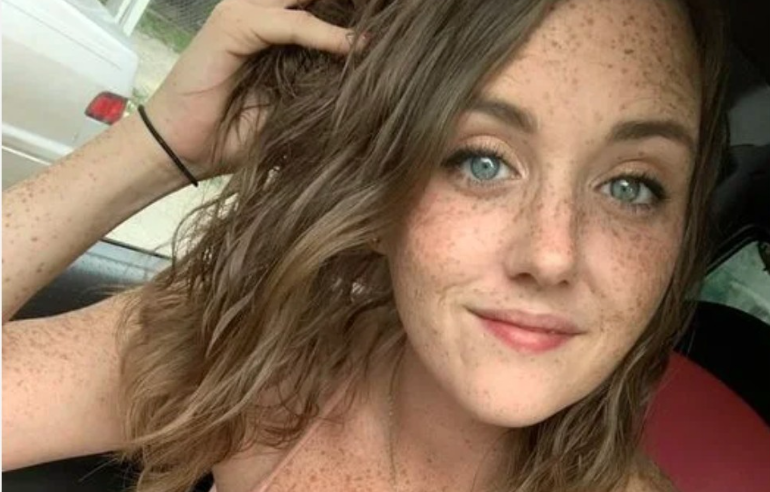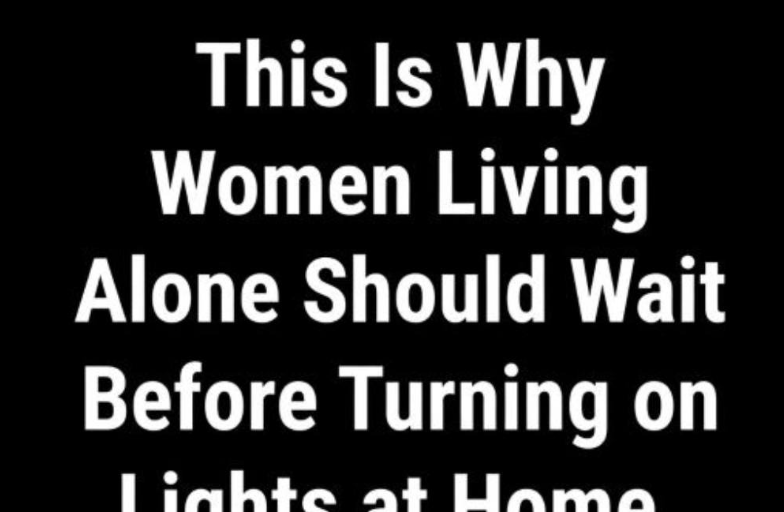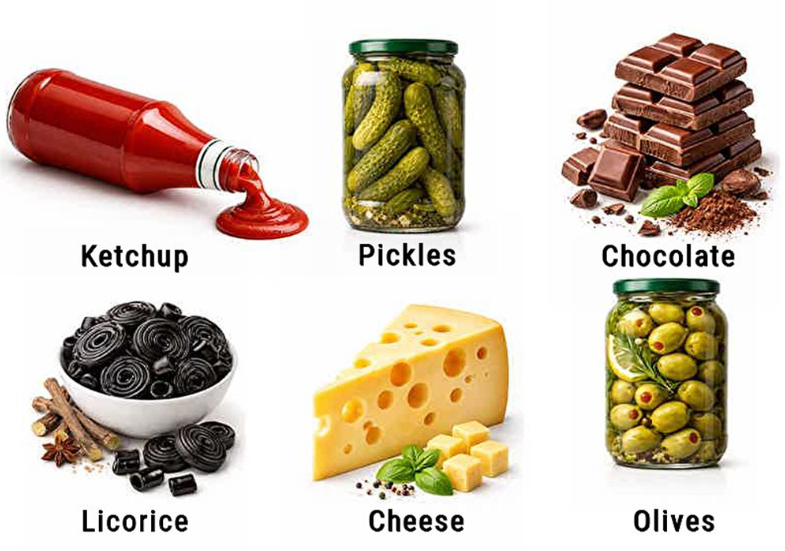For years, 56-year-old Alan Findlay from Dumbarton endured the burden of a distressing and solitary condition called rhinophyma — a profound and uncommon variant of rosacea that leads the skin on the nose to thicken and expand. As the ailment advanced, Alan’s nose grew more prominently enlarged and misshapen, prompting feelings of embarrassment and self-awareness within him. He expressed a sense of resembling “the elephant man,” an analogy that captured the profound influence the alteration had on his self-regard. Previously an outgoing and assured individual, Alan slowly retreated from social interactions, grappling with the demands of his looks and the emotional strain they imposed.
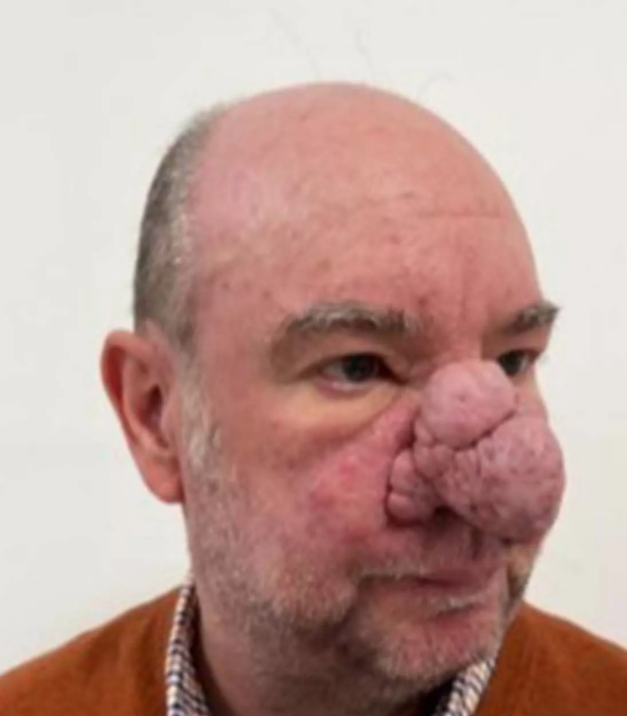
The mental effects of rhinophyma hit their deepest level last Christmas when Alan chose to pass the holiday in solitude. Typically a season filled with family reunions and joy, Christmas turned into a stark reminder of the ways his condition had reshaped his existence. He opted out of the customary gathering at his stepson’s home, unwilling to confront the unease of being near others. Alan afterward acknowledged that selecting isolation proved heartbreaking yet seemed like his only path, given how far his self-perception had declined.
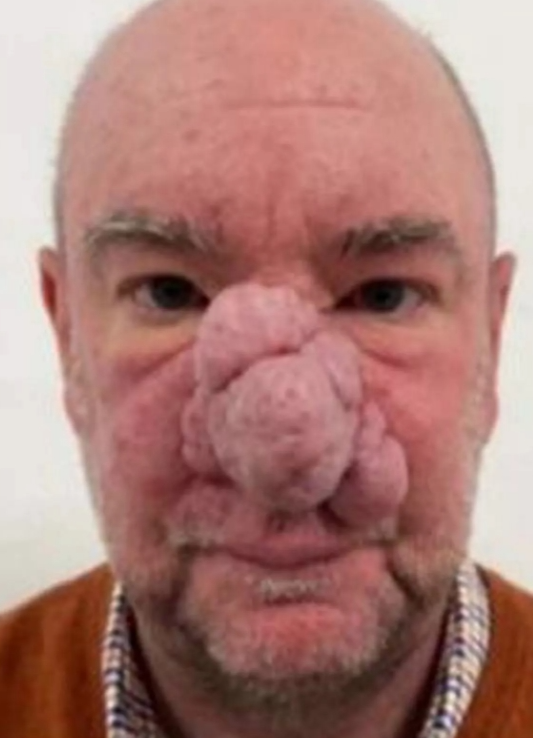
Alan’s challenges started around 2018 when he initially observed tiny folds appearing on his nose. His GP directed him to experts, and he quickly consulted a plastic surgeon who detailed that addressing rhinophyma required intricate surgery, an extended healing phase, and a possibly prolonged wait for the procedure. Deterred by the intimidating pathway and restricted healthcare choices, Alan persisted in his discomfort as his state deteriorated — especially amid the 2020 lockdown, when consultations and interventions grew almost unattainable. With his assurance fading and no evident resolution ahead, he sensed confinement from both his ailment and the medical system’s postponements.
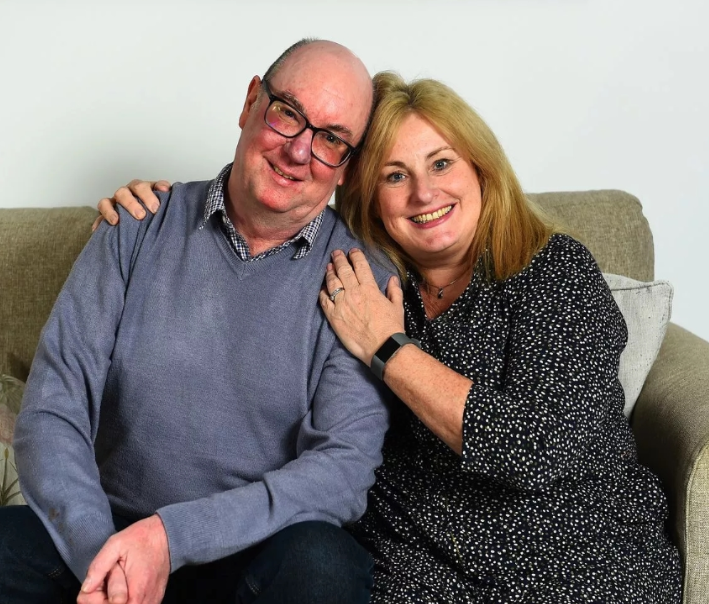
A turning point arrived after last Christmas when Alan’s family resolved to step in discreetly. Committed to assisting, they explored other avenues and identified a specialist providing laser treatment — a far gentler and more efficient approach compared to conventional surgery. Bolstered by their support, Alan proceeded with the therapy and found himself amazed at the outcome. He described the process as an “amazing transformation,” noting that for the first time in years, he recognized his true self once more. The laser method not only revived his features but also rekindled his vitality and feeling of personal value.
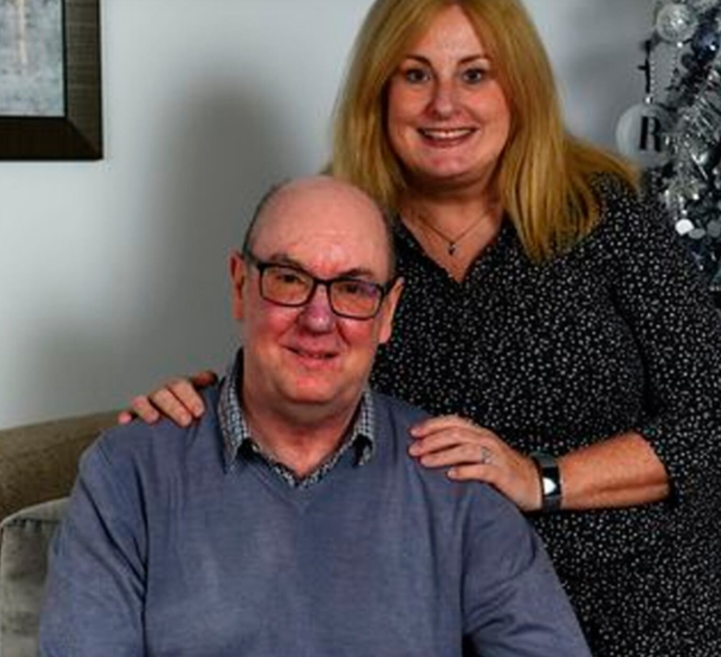
Today, Alan declares he has reclaimed his life. The remarkable shift has bestowed him with renewed assurance and the liberty to reconnect with the world he once evaded. He eagerly anticipates this Christmas enveloped by dear ones, free from seclusion behind shut doors. “Christmas will be different this year,” he stated with pride. “I have so much more confidence. I’ll be going out socialising.” Alan’s path — from embarrassment and withdrawal to recovery and optimism — serves as evidence of endurance, the strength of familial backing, and the transformative potential of contemporary medical advancements.
